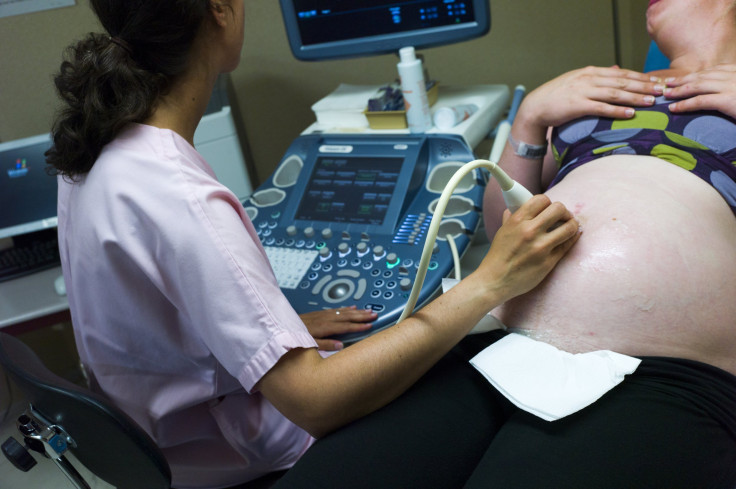Woman Faked Pregnancy, Ultrasound To Launch Adoption Scams, Pleaded Guilty

A North Carolina woman who started a nationwide adoption scam by faking her pregnancy pleaded guilty on Friday.
Wendy George, 39, pleaded guilty to 10 counts of obtaining property by false pretenses, one count of felony accessing a computer to perpetrate a fraud and one count of Medicaid fraud before the court. She was sentenced to 50 to 64 months in prison. An additional 22 to 37-month sentence was suspended to three years of supervised probation, Charlotte Observer reported.
Although George was never pregnant, she approached more than a dozen couples on websites like Domestic Adoption Support Network, Expectant Moms Thinking of Adoption and Mommy’s Angels Support Group, requesting money with the understanding that they will get to adopt her baby once she gave birth. The people conned by George thought they were funding her food, housing and doctor appointments.
In order to keep up her ruse, George submitted fabricated documents, including a positive pregnancy test, to the state department of social services in order to avail Medicaid benefits. She also paid her pregnant friend $20 to get an ultrasound scan with her name on it so she could send it to all the couples she was scamming to prove the authenticity of her pregnancy.
North Carolina woman scammed multiple people with adoption scheme https://t.co/iZCuZY28ug pic.twitter.com/taNYJCtqp9
— ThePoliceReporter.com (@ArrestsMugshots) December 18, 2018
The scam unraveled when a couple from Ohio called the Carolina Beach Police Department in February last year, after suspecting they were being conned. By then George had already skimmed hundreds of dollars from the couple. After the department launched an investigation into the couple’s claims, they discovered there were at least 16 other people who were being scammed by George at the time. She was arrested in March 2017.
George has a criminal record that dated back to 2012. As it turned out, she and her husband were convicted of 16 counts of obtaining property by false pretenses. They were found guilty of renting out properties that were not their own. When vacationers arrived at the addresses, they either found they had arrived at an empty lot or could not get into the buildings as they were owned by someone else.
© Copyright IBTimes 2025. All rights reserved.






















